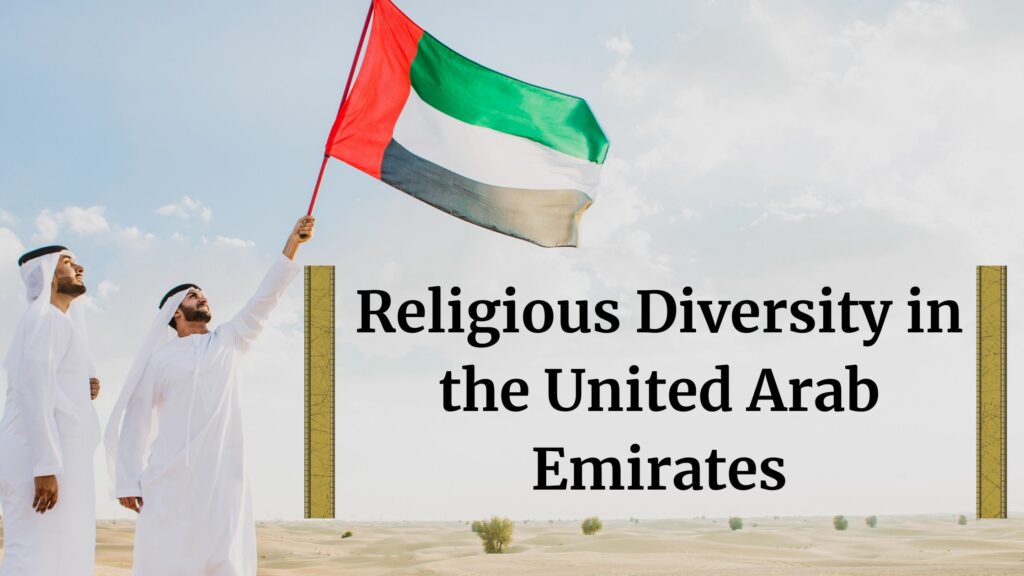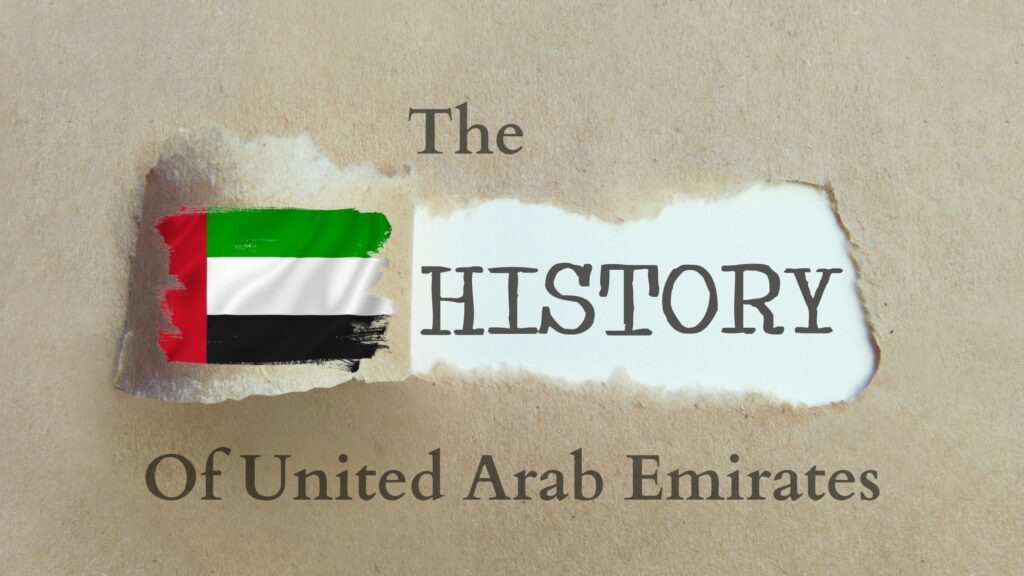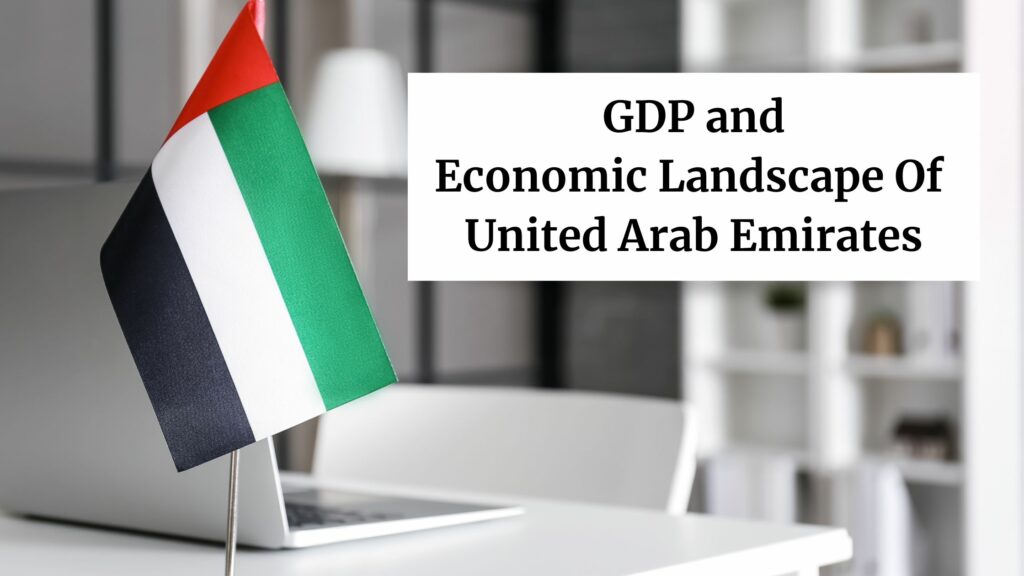The United Arab Emirates (UAE) is a fascinating tapestry of cultural traditions, religious diversity, and a rich historical heritage. This article aims to explore the intricate interplay between the vibrant faith communities, their practices, and the unique societal fabric that embraces religious pluralism within the UAE.
Nestled in the heart of the Arabian Gulf, the UAE is a melting pot of cultures, where ancient traditions coexist harmoniously with modern sensibilities. From the iconic mosques that dot the skylines to the vibrant Hindu temples and Christian churches, the nation’s spiritual landscape is a testament to its commitment to religious tolerance and understanding.
As we delve into this captivating topic, we will unravel the threads that weave together the tapestry of faith in the UAE. We will explore the rich cultural heritage of Islam, the country’s predominant religion, and its profound influence on the nation’s identity. Additionally, we will shed light on the diverse communities that call the UAE home, celebrating their unique traditions, festivals, and the vital role they play in shaping the nation’s inclusive ethos.
What religions are practiced in the UAE?
The UAE is a shining example of religious diversity, where various faiths coexist in harmony. While Islam is the predominant religion, adhered to by the majority of Emirati citizens, the nation embraces a multitude of other religious beliefs and practices. Islam, with its deep-rooted cultural and historical significance, holds a prominent place in the UAE. The country’s landscape is adorned with breathtaking mosques, showcasing the richness of Islamic architecture and design. From the iconic Sheikh Zayed Grand Mosque in Abu Dhabi to the awe-inspiring Jumeirah Mosque in Dubai, these architectural marvels serve as spiritual sanctuaries and emblems of the nation’s Islamic heritage.
Beyond Islam, the UAE is home to a vibrant mosaic of religious communities. Hindoeïsme, Bûdisme, Kristendom, en other faiths are practiced freely within the country’s borders. Hindu temples, such as the Shiva and Krishna temples in Dubai, provide spiritual solace to the significant Indian expatriate population. Christian churches, including the St. Andrew’s Church in Abu Dhabi and the United Christian Church in Dubai, cater to the religious needs of Christian residents and visitors alike.
This religious tapestry is further enriched by the presence of Sikh gurdwaras, Buddhist monasteries, and other places of worship, reflecting the UAE’s unwavering commitment to religious tolerance and inclusion. The government’s efforts to facilitate the construction and operation of these diverse religious institutions highlight the nation’s progressive stance on religious freedom.
How many different religions are present in the UAE?
The UAE stands as a shining beacon of religious diversity, providing a welcoming embrace to a multitude of faiths from around the globe. While the previous section delved into the nuances of various religions practiced within the nation, this section will provide a concise overview of the diverse religious landscape that exists in the UAE.
The religions present in the UAE can be summarized as follows:
- Islam (Sunni and Shia)
- Christianity (Catholicism, Protestantism, Eastern Orthodox, etc.)
- Hindoeïsme
- Bûdisme
- Sikhisme
- Joadendom
- Baha'i leauwe
- Zoroastrianisme
- Druze Faith
Despite the wide array of religions represented, the UAE’s society is founded on the principles of mutual respect, understanding, and peaceful coexistence. This rich tapestry of religious diversity not only enriches the nation’s cultural fabric but also serves as a shining example for other countries to emulate.
What are the demographics of religious groups in the UAE?
| Leauwe | Percentage of Population |
|---|---|
| Islam (Sunni and Shia) | 76% |
| Christianity (Catholicism, Protestantism, Eastern Orthodox, etc.) | 9% |
| Hindoeïsme | 7% |
| Bûdisme | 3% |
| Other Religions (Sikhism, Judaism, Baha’i Faith, Zoroastrianism, Druze Faith) | 5% |
The data presented in this table is based on the best available information at the time of writing. However, religious demographics are subject to change over time, and the figures mentioned should be considered as estimates rather than definitive statistics. It is advisable to cross-reference these numbers with the latest official sources or reputable research institutions for the most up-to-date information.
How does religion influence the culture and traditions of the UAE?
Religion plays a profound role in shaping the rich cultural tapestry and traditions of the United Arab Emirates. As a nation with a predominantly Muslim population, Islamic teachings and values have left an indelible mark on various aspects of Emirati society. Islam’s influence is evident in the country’s architecture, with stunning mosques adorning the landscapes of cities like Dubai and Abu Dhabi. These architectural marvels not only serve as places of worship but also stand as testament to the nation’s Islamic heritage and artistic expression. The call to prayer, resonating from minarets five times a day, serves as a reminder of the country’s deep-rooted spiritual traditions.
Islamic principles also guide many of the UAE’s cultural norms and societal values. Concepts such as hospitality, modesty, and respect for elders are deeply ingrained in the Emirati way of life. During the holy month of Ramadan, the country embraces a spirit of reflection, with families and communities coming together to observe fasting, pray, and celebrate the breaking of the fast (Iftar) each evening. While Islam holds a significant influence, the UAE’s rich cultural fabric is also woven with threads from other religions. Hindu festivals like Diwali and Holi are celebrated with great enthusiasm, particularly in areas with sizable Indian expatriate communities. The vibrant colors, traditional attire, and delectable cuisines associated with these festivals add to the UAE’s cultural diversity.
Christian communities in the UAE commemorate occasions like Christmas and Easter, often organizing celebrations and gatherings that reflect their religious traditions. Similarly, Buddhist temples and monasteries serve as centers for spiritual practices and cultural events, fostering a sense of community among the Buddhist population. The UAE’s commitment to religious tolerance and inclusion has created an environment where different faiths can coexist harmoniously, each contributing its unique cultural elements to the nation’s tapestry. This diversity not only enriches the country’s cultural landscape but also fosters understanding and appreciation among its diverse population.
What are the laws and regulations related to religion in the UAE?
The United Arab Emirates is a nation that values religious tolerance and freedom of worship. However, there are certain laws and regulations in place to maintain social harmony and respect for the country’s cultural norms and traditions. Islam is the official religion of the UAE, and the laws of the land are derived from Sharia (Islamic law). While non-Muslims are free to practice their respective faiths, there are some restrictions and guidelines to be followed.
- Proselytizing: Non-Muslims are prohibited from proselytizing or attempting to convert Muslims to another religion. This is considered a sensitive matter and is strictly regulated to maintain social stability.
- Places of Worship: The UAE government facilitates the construction and operation of non-Muslim places of worship, such as churches, temples, and monasteries. However, these establishments must obtain the necessary permits and comply with relevant regulations.
- Religious Literature and Materials: The import and distribution of religious literature and materials are subject to approval from the relevant authorities. Materials deemed offensive or promoting religious intolerance may be prohibited.
- Dress Code: While there is no strict dress code for non-Muslims, it is expected that individuals dress modestly and respect local cultural sensitivities, especially in religious settings or during religious occasions.
- Alcohol and Pork: The consumption of alcohol and pork is generally permitted for non-Muslims in designated areas and licensed establishments. However, during the holy month of Ramadan, stricter regulations may apply.
- Public Conduct: Individuals are expected to respect the cultural norms and religious sensitivities of the UAE. Public displays of affection, disruptive behavior, or actions that may be perceived as offensive to religious beliefs are discouraged.
It is important to note that the UAE’s laws and regulations regarding religion are aimed at maintaining social cohesion and respect for all faiths. Non-compliance with these laws may result in penalties or legal consequences. The government actively promotes interfaith dialogue and understanding, encouraging people of different religious backgrounds to coexist peacefully and contribute to the nation’s cultural richness.
Does the UAE grant freedom of religion to its residents?
Yes, the United Arab Emirates grants freedom of religion to its residents and visitors. While Islam is the official religion, the UAE Constitution enshrines the right to freedom of worship and the practice of religious rituals in accordance with established traditions. The government actively facilitates the construction and operation of non-Muslim places of worship, such as churches, temples, and monasteries, enabling individuals of various faiths to practice their beliefs freely.
However, certain regulations are in place to maintain social harmony and respect for cultural norms, such as restrictions on proselytizing and the distribution of religious materials without proper approvals. Overall, the UAE upholds a tolerant approach towards different religions, fostering an environment of peaceful coexistence and respect for religious diversity within its borders.
What is the relationship between language and religion in the UAE?
In the United Arab Emirates, language and religion share an intricate relationship, deeply rooted in the country’s cultural fabric. Arabic, being the language of the Quran and the predominant language spoken by the Muslim population, holds a significant place in the nation’s religious and cultural identity. The Arabic language is not only the means of communication for many Emiratis but also the language used in religious sermons, prayers, and rituals within the Islamic faith. Mosques and Islamic institutions across the UAE conduct their services and teachings primarily in Arabic, reinforcing the strong connection between language and religion.
However, the UAE’s diverse population means that other languages are also spoken and used in religious contexts. For instance, Hindu temples may conduct ceremonies and discourses in languages such as Hindi, Malayalam, or Tamil, catering to the linguistic preferences of their respective communities. Similarly, Christian churches offer services in languages like English, Tagalog, and various other languages spoken by their congregations. This linguistic diversity within religious settings reflects the UAE’s commitment to inclusivity and respect for different cultural backgrounds.
The government’s efforts to promote Arabic as the official language while also recognizing the importance of other languages in religious contexts showcase the nation’s balanced approach to preserving its cultural heritage while embracing diversity.



